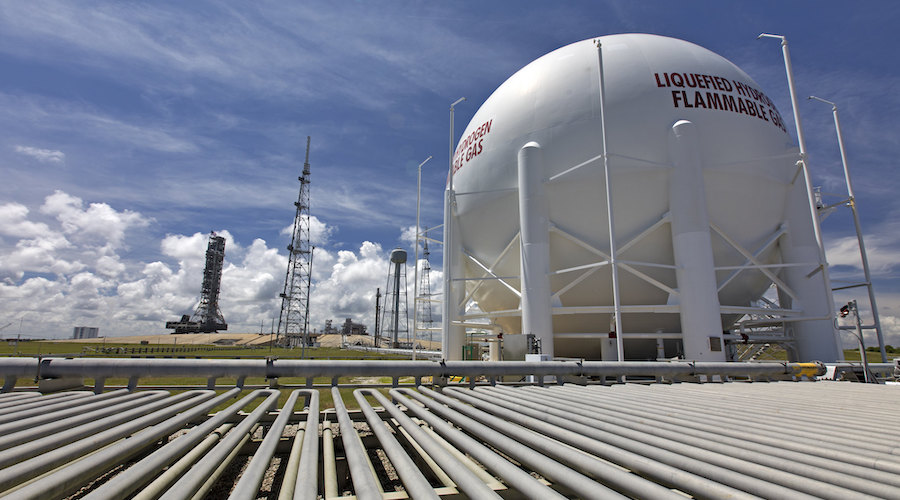
“Although for most of the metal alloys used in industry, successful recycling methodologies are in place, a significant quantity of them are still lost,” the researchers note in their article. “Producing metal hydrides from otherwise non-recyclable materials could capture large amounts of this industrial waste.”
According to the Hereon Institute team, metal hydrides seem to be rather insensible to the exact alloy composition in contrast to metallic alloys, for example, for high-performance construction purposes.
“Our research opens up a new avenue for developing environmentally friendly materials for high-performance hydrogen storage applications,” Claudio Pistidda, one of the study’s co-authors, said in a media statement.
Pistidda pointed out that compared to common pressurized or liquid hydrogen tanks, metal hydrides are an appealing solution for storing hydrogen at low pressures and moderate temperatures in a safe and compact way. The reason for this is that the metal compounds ground into fine powders have a high affinity for hydrogen and once they are exposed to it, the high affinity leads to the breaking of the bonds between the two hydrogen atoms of the hydrogen molecule (H2).
Once this is done, the metals bond with the single hydrogen atoms, resulting in hydride species. This process can easily be reversed by decreasing the previously applied hydrogen pressure to create the metal hydrides or by increasing the temperature. So just like a sponge with water, the metal hydrides can bind hydrogen in astounding quantities and release it again quickly.
“The utilization of circular economy approaches to the production of hydrogen storage materials allows us to tackle the energy challenges that modern times pose to our society in a more sustainable manner,” Pistidda said.




